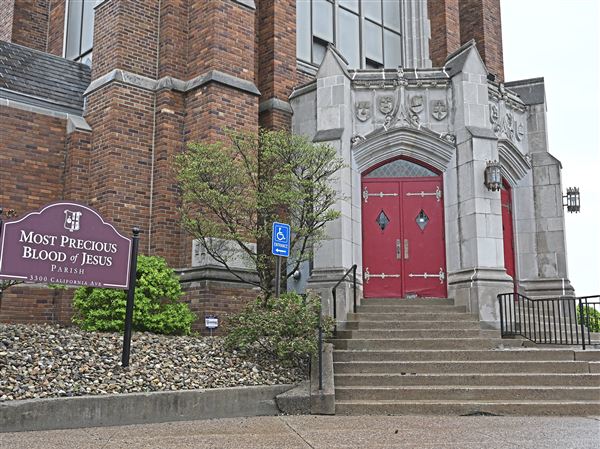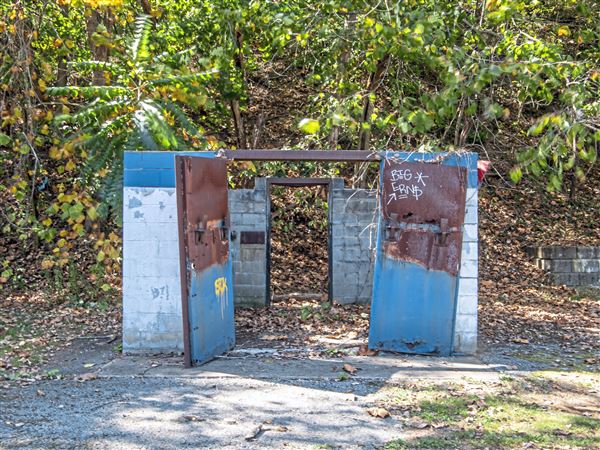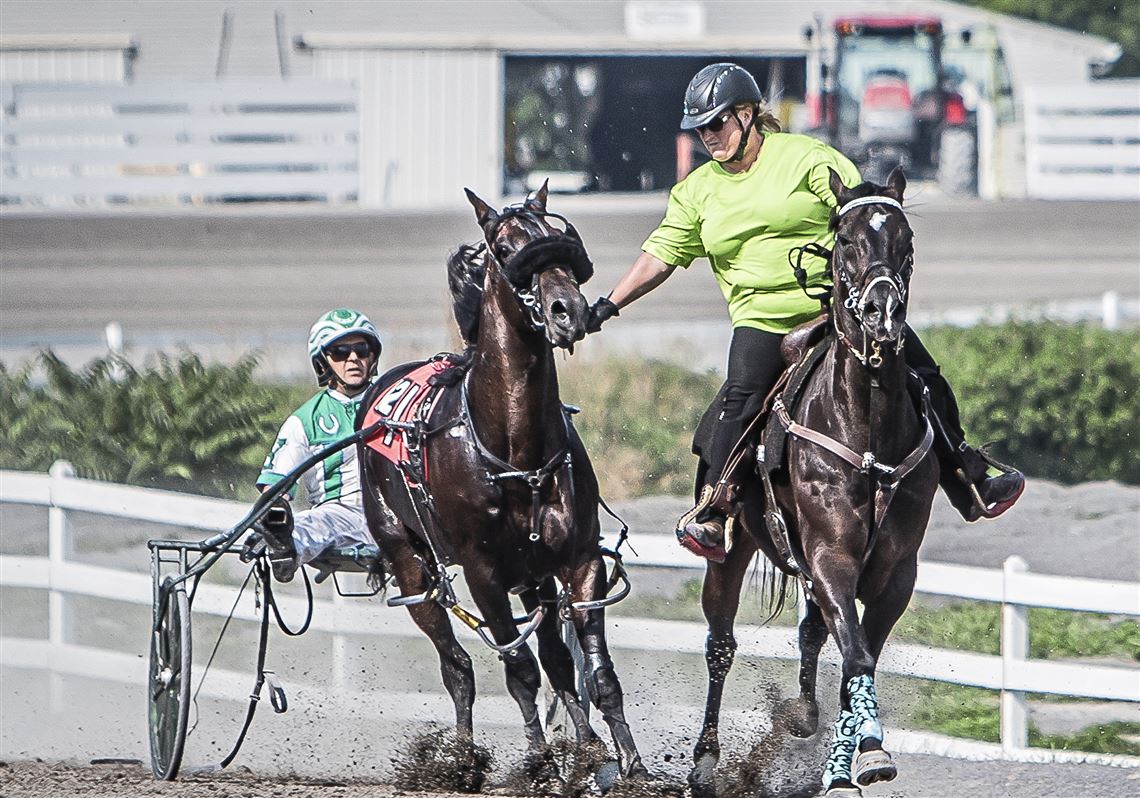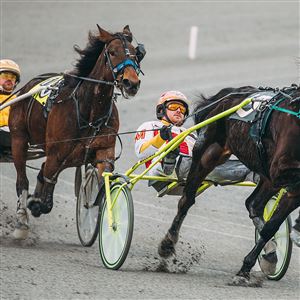An ongoing quarantine of harness racing horses has been extended through Feb. 6 after three new cases of a contagious equine neurological disease were confirmed at The Meadows Racetrack and Casino in Washington, Pa.
Veterinarians from the Pennsylvania Department of Agriculture made the positive diagnoses Monday during testing at the track, where nearly 200 Standardbred horses have been confined under quarantine since several showed symptoms of a strain of equine herpesvirus.
Humans and most other animals cannot contract the disease, which can cause respiratory ailments or aborted pregnancies in horses. Symptoms include fever, nasal secretions, poor balance, paralysis and loss of control of bodily movements. In severe cases, the infected horse may have to be euthanized.
“Trainers continue to monitor three horses in the quarantined barns that presented with elevated temperatures,” the state Department of Agriculture said in a statement.
None of the four horses that have tested positive has been put down, but they are being closely monitored. The track is expected to re-evaluate the status of new cases, the quarantine and racing options later this week.
A representative of The Meadows Casino did not return calls. Meadows Racetrack manager Terri Hopkins referred questions to the Pennsylvania Horse Racing Commission, an oversight branch of the Department of Agriculture.
“The track has suspended racing through Feb. 6 and they continue monitoring the horses,” said commission spokeswoman Bonnie McCann.
The virus, EHV-1, was detected at the track last week after a Washington County horse displayed neurological symptoms. The horse tested positive for equine herpesvirus at the Ohio State College of Veterinary Medicine. As a precaution, 190 horses in five barns at the track were placed under quarantine by state veterinarians. Of five additional horses that were tested Monday, three were found to have the disease, and the track extended the ban on moving horses in or out of the barns.
Three horses at Washington County Fairgrounds exhibited elevated temperatures last week, but test results were negative and no restrictions were placed on the fairgrounds.
Ohio State veterinarians informed the Department of Agriculture that the original horse with EHV-1 was responding to treatment.
The national Horserace Betting Levy Board mandates that a yard with an outbreak must remain closed -- no movement of horses in or out -- for 28 days from the date the last case was identified.
“Twenty eight days is the normal quarantine time,” said Ms. McCann. “They continue to take temperatures, because elevated temperatures are the first indication that there may be a problem. If there are neurological signs they run additional tests.”
But owners who want to get their money-makers back on the track can request the medical test after 21 days.
“If it’s negative the horse is released from quarantine,” said Ms. McCann.
Equine herpesvirus is latent and undetected in many horses and can emerge periodically, especially when the animal is stressed. According to PetMD.com, it is present in all parts of the United States and can be transferred rapidly through direct contact, inhalation of respiratory secretions and even when unintentionally carried on a human from one horse to another. There is no cure. Strict quarantine can contain the virus and supportive care can increase the rate of recovery.
Outbreaks occur nearly every year, usually in stables that temporarily house many horses, and the disease is common among horse racing facilities.
John Hayes: 412-263-1991, jhayes@post-gazette.com.
First Published: January 31, 2018, 5:50 p.m.


















